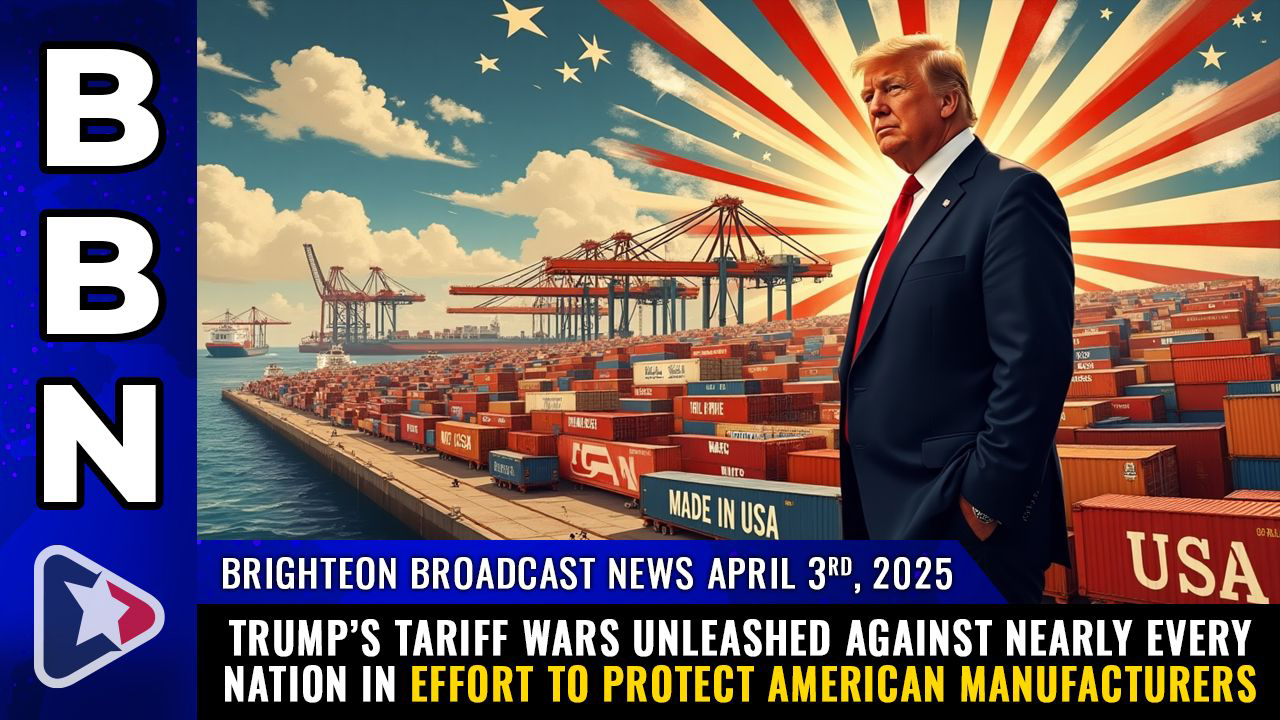- The Trump administration imposed tariffs up to 54% on Chinese goods and reciprocal levies on the EU and others, aiming to force fairer trade terms but risking consumer price spikes.
- Retailers like Walmart may raise prices on electronics, clothing, and essentials, while domestic manufacturers (steel, tools, agriculture) could benefit from increased competitiveness.
- Critics warn of economic turbulence, with potential retaliatory moves from China (e.g., rare earth mineral restrictions) and global supply chain disruptions amid geopolitical tensions.
- The U.S. bets trading partners will lower tariffs to retain access to its market, though the EU and China may resist, while smaller nations like Vietnam may comply quickly.
- Economists urge consumers to prepare for inflation and market volatility, framing the tariffs as «economic shock therapy» with success hinging on negotiation outcomes.
The Trump administration has announced aggressive new tariffs targeting China, the European Union, and several other nations, with rates as high as 54% on Chinese goods. The move, framed as a negotiation tactic to force fairer trade terms, has economists and industry analysts warning of immediate price spikes on consumer goods—from electronics and clothing to household essentials—while domestic manufacturers may stand to benefit.
The policy, unveiled this week, imposes reciprocal tariffs, matching or partially offsetting the levies other nations already place on U.S. exports. For example, China currently slaps a 67% tariff on American goods, prompting Trump to impose a 34% tariff in response—on top of existing duties, bringing the total to 54%. Similarly, the EU’s 39% tariff on U.S. products has triggered a 20% U.S. counter-tariff.
Short-Term Pain for Consumers, Long-Term Strategy for Trade Reform
While the administration argues the tariffs will pressure trading partners to lower their own barriers, critics warn of near-term economic turbulence. «This is a high-stakes game of chicken,» said trade analyst Mark Thornton. «Consumers will feel the pinch first—higher prices on everything from appliances to apparel—before any potential renegotiations bear fruit.»
Retail giants like Walmart and dollar stores, heavily reliant on Chinese imports, are expected to pass costs onto shoppers. Meanwhile, domestic manufacturers—particularly in sectors like steel, tools, and agriculture—could gain a competitive edge. «U.S.-made goods suddenly look a lot more affordable,» noted industry consultant Laura Dawson.
Global Fallout and the Risk of Escalation
The tariffs arrive amid escalating geopolitical tensions, including the looming threat of U.S. military action against Iran—a scenario that could further destabilize global supply chains. Combined with the trade measures, experts fear a «perfect storm» of inflation, energy market disruptions, and retaliatory moves from Beijing.
China could weaponize its dominance in rare earth minerals or dump U.S. Treasury bonds, though analysts doubt either tactic would cripple America’s economy. «Trump holds the stronger hand,» said economist Peter Navarro, a former White House trade advisor. «China needs the U.S. consumer market far more than we depend on their exports.»
Will America’s Trading Partners Fold?
The administration’s bet is that most nations will «fold within weeks» and agree to tariff reductions rather than lose access to the lucrative U.S. market. Early signs suggest countries like Vietnam and South Korea may negotiate quickly, while the EU and China could dig in.
For now, economists urge consumers to brace for turbulence—and consider buying American where possible. «This is economic shock therapy,» said Thornton. «Whether it works depends on who blinks first.»
Watch the April 03 episode of «Brighteon Broadcast News» as Mike Adams, the Health Ranger, talks about Trump’s tariff wars unleashed against nearly every nation in effort to protect American manufacturers.
This video is from the Health Ranger Report channel on Brighteon.com.
More related stories:
Trump imposes 25% tariff on nations buying Venezuelan oil
Indian refiners seek alternatives to Russian oil after Trump tariff threat
China prepares to resume trade talks with Trump amid tariff pressures
Sources include:
